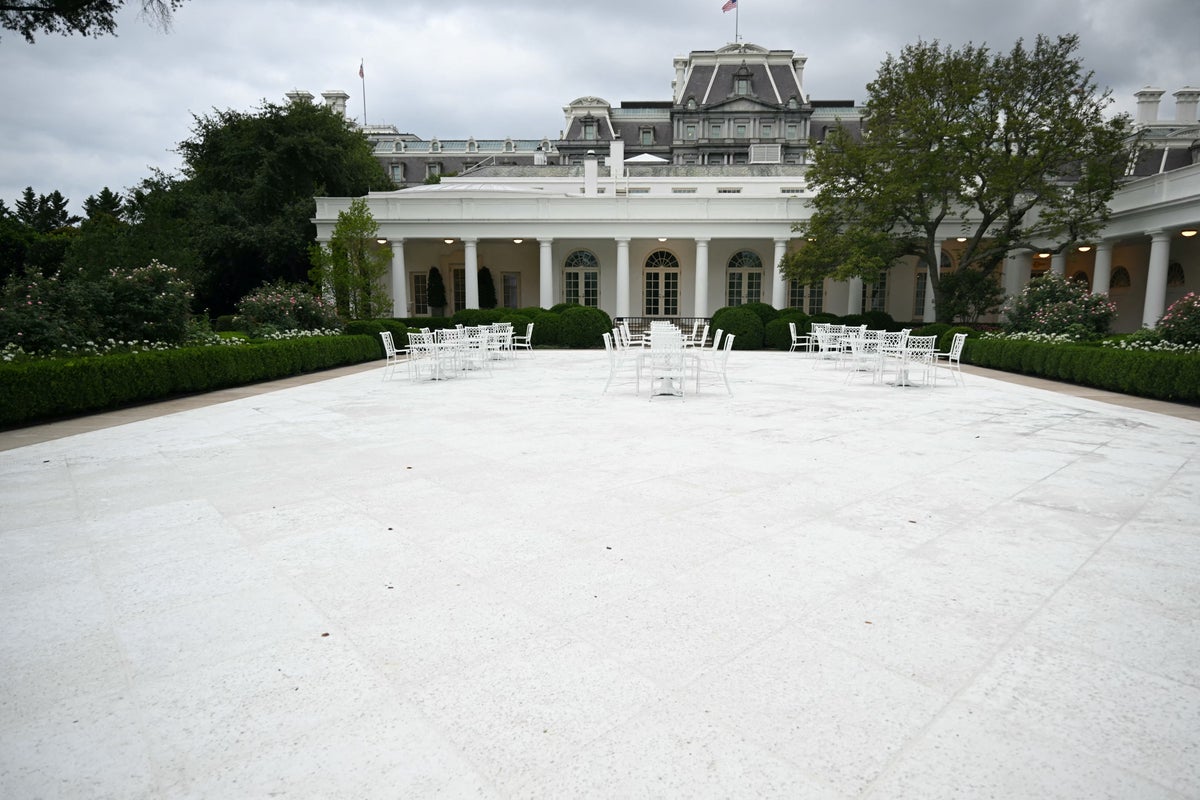A person sits in front of the Lindt Chocolates store on April 11, 2025 in Basel, Switzerland.
Sedat Suna | Getty Images News | Getty Images
Switzerland is officially on holiday Friday for the country's national day. But many market watchers have been hauled back to their desks by news overnight that they have been hit with a 39% tariff rate by the White House.
That came as a shock to the Alpine nation. Indications in the Swiss press had been that the country was close to negotiating an outline deal similar to those struck by the European Union, the U.K. and Japan, which set baseline tariffs between 10% and 15%. Instead, it has received one of the highest rates of any country.
That is hugely significant, with the U.S. accounting for around a sixth of Switzerland's total exports. Businesses breathed a sign of relief in April when the country swerved initial plans for a 31% tariff, being handed an interim 10% duty along with most of the world.
As of late Thursday, new tariff rates on a dozens of countries that have not yet agreed a framework trade arrangement with the U.S. are set to come into force from Aug. 7. Given the precedent set by U.S. President Donald Trump for last-minute deadline changes and down-to-the-wire deals, that does leave room for the situation to change.
Another potential reprieve came as the Swiss Federal Department of Economic Affairs told Reuters on Friday it understands the 39% tariff will not include the pharmaceutical sector, which is separately facing volatility from Trump's latest comments on drug pricing. CNBC has contacted the White House for comment.
'Stunned'
Amid the uncertainty, reactions were overwhelmingly negative on Friday.
Switzerland's federal council said it had "great regret that, despite the progress made in bilateral talks and Switzerland's very constructive stance from the outset, the US intends to impose unilateral additional tariffs on imports from Switzerland." It added that it continued to seek a "negotiated solution" and was in contact with U.S. authorities.
Manufacturing association Swissmem said a 39% tariff would hit the tech industry, exports and therefore the whole country "extremely hard," noting that every second franc brought into the economy was made from foreign trade.
"I am stunned. These tariffs are based on no rational basis and are arbitrary. This decision puts tens of thousands of jobs in the industry at risk," the group's director Stefan Brupbacher said.
Beat Wittmann, chairman and partner at Porta Advisors, said the news delivered a "devastating" blow to the Swiss economy and businesses.

"The U.S. leads a zigzagging unilateral war on tariffs and this unpredictability imposes a rising risk premium on financial assets," he said in emailed comments. "This will lead to a weakening of the Swiss economy, the Swiss Franc and the Swiss equity market, particularly the all-important export sector."
The Swiss government needs to recognize that the time for "cherry picking, carve outs and special deals" is over, particularly for small, highly-exposed states, Wittmann added.
Key Swiss exports include chemical and pharmaceutical products, watches and jewellery, chocolate, gemstones and electronics.
Adrian Prettejohn, Europe economist at Capital Economics, said in a note that a 39% tariff rate would knock around 0.6% off Switzerland's GDP, or more with the inclusion of pharmaceuticals — but that he expected it to be negotiated down.

With the Swiss stock market closed for national day, indicators are instead feeding through other avenues such as the performance of London-listed Watches of Switzerland, which fell nearly 9% in morning deals.
In a Friday note to clients, analysts at investment bank Jefferies cited the company, along with Richemont and Swatch Group, as among those that would take the biggest hits from the news, particularly relative to previous expectations.
However, they added that the Aug. 7 start date allowed for "plenty of last minute tweaks and changes to be agreed."
U.S. dollar vs Swiss franc.
The Swiss franc meanwhile slid around 0.4% against the U.S. dollar on Friday.
However, that comes after a huge rally in the franc against the greenback this year, with gains of around 11% as investors hunted for safe-haven assets. That has delivered challenges to the economy, which in May marked a return to deflation for the first time since the Covid-19 pandemic — spurring the Swiss National Bank to cut interest rates to zero in June.
'I do not think it is the end'
Rahul Sahgal, CEO of the Swiss-American Chamber of Commerce, told CNBC's "Squawk Box Europe" the tariff news was "very disappointing" after many rounds of negotiations with the U.S. Treasury Department.
"I have to say, however, that I hope and I do not think that it is the end," he said.
"We have still, firstly, those days till the 7th of August, and also, if you read the executive order, it does leave a certain window open, let's put it that way, saying that if you are in negotiations with the U.S. these additional tariffs may not apply."

One element of previously-struck deals is a commitment to increase investment in the U.S., which in the case of the EU is set to total $600 billion along with hundreds of billions in additional energy purchases. On this, Sahgal said Switzerland was looking in the range of a $150 billion investment pledge, which was one of the biggest relative to the size of its economy. The country is already the sixth largest overall investor in the U.S., he added.
Sahgal continued that it was hard to say what the sticking point in negotiations had been or how the 39% rate had been calculated, noting that across both goods and services the trade relationship between Switzerland and the U.S. was balanced — but that Trump was only focused on the former.
"Switzerland is a country... of 9 million people, and the U.S. has something like 30 million people. So even if... every Swiss was to drink a bottle of bourbon and eat a steak every single day and buy a Harley Davidson, we would not be able to balance the trade in goods," he said.
— CNBC's Carolin Roth, Sophie Kiderlin and Ganesh Rao contributed to this story.

.png) 1 day ago
7
1 day ago
7










